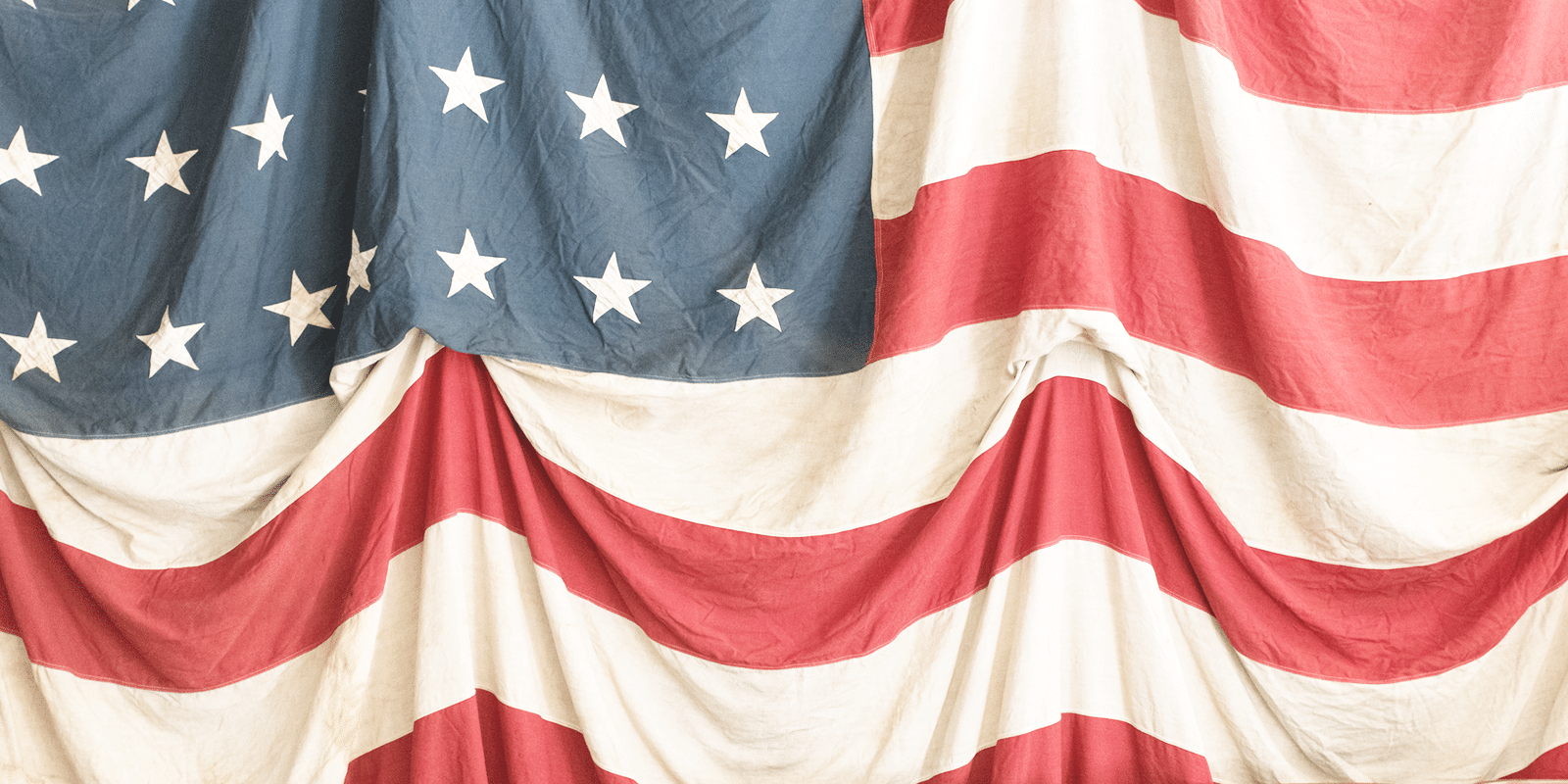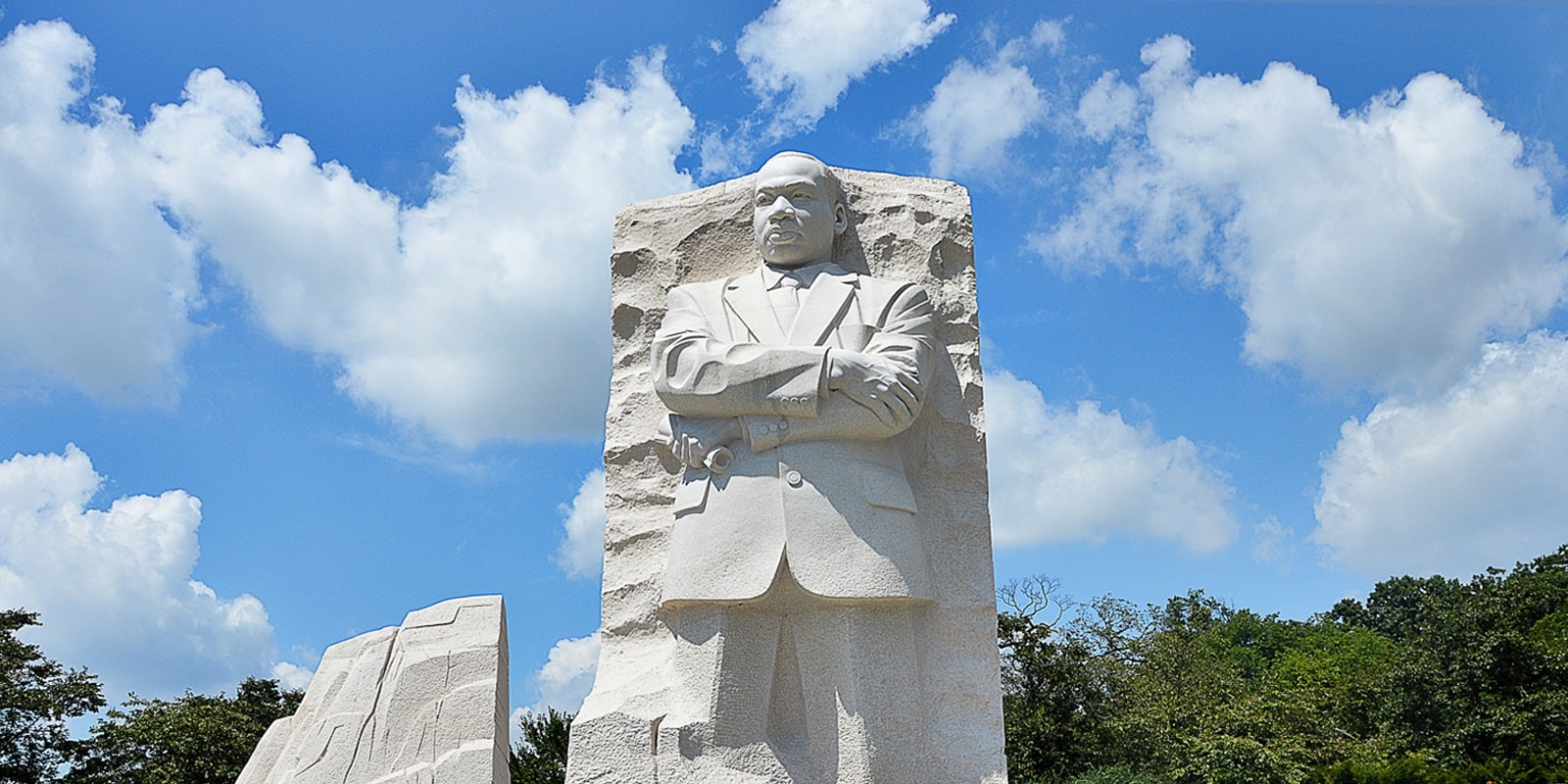


The U.S. Office of Personnel Management (OPM) recently issued updated guidance affirming that federal employees have the right to express their religious beliefs in the workplace as long as it’s done in a respectful and non-disruptive way. This memo may not have made national headlines, but its significance, especially within the greater Washington, D.C. area, cannot be overstated.
At a time when people of faith often feel like they must check their beliefs at the office door, this reminder from the federal government is both legally sound and culturally urgent.
Religious freedom doesn’t end when the work day begins. Our country was built on the foundational belief that faith belongs in every sphere of life, not just in church pews on Sunday mornings. Yet for too long, American workers have faced confusion, fear, or even discrimination for sharing something as simple as a Bible verse, a cross necklace, or an invitation to a holiday church service.
The OPM memo is a needed course correction. It reflects what the Constitution already guarantees: the free exercise of religion, even for government employees. But it also raises a deeper question: Do Christians today know how to live out their faith in the workplace and do they feel empowered to do so?
Our country was built on the foundational belief that faith belongs in every sphere of life, not just in church pews on Sunday mornings.
Lauren Cooley Share on 𝕏
According to the Christian Cultural Engagement Survey conducted in 2024 by the Institute for Faith & Culture, nearly half of practicing Christians say they struggle to integrate their faith with their professional lives. Many report a lack of clarity on what it means to be a faithful witness at work, and note a fear of professional or social consequences if they speak up about their beliefs. This also comes at a time of a slow but steady decline of active spiritual lives and a notable lack of biblical literacy. It is difficult to articulate just what you believe at work if you don’t know what exactly it is that you believe.
Thus, there is a critical gap that cannot be filled by constitutional protections, and this gap that must be closed if we want to see lasting impact in our culture. The solution is to inspire a newfound confidence through discipleship.
That’s where organizations like the Institute for Faith & Culture (IFC) and our partners step in. We believe the Gospel transforms all of life, including how we work, lead, serve, and speak in professional settings. Whether you’re a teacher, nurse, federal employee, or entrepreneur, you were made to bring your whole self, including your faith, into your vocation. Wherever your sphere of influence, that is your mission field.
At the Institute for Faith & Culture, we equip Christians to engage culture with truth and grace. We produce biblical worldview resources such as video courses, podcasts, and in-depth articles that address the intersection of a public witness for Christ and everyday life. This includes issues such as religious liberty, workplace ethics, public engagement, and much more.
Our partners at the Institute for Faith, Work & Economics (IFWE) provide practical, theologically rich resources to help believers understand the meaning of work, human flourishing, and economic freedom from a Christian perspective.
And the Center for Christian Statesmanship (CCS), our sister organization through Coral Ridge Ministries, comes alongside public servants and federal workers in Washington, DC, helping them navigate their calling in modern day Rome with a distinctly biblical worldview. From Bible studies on Capitol Hill to leadership development and evangelism training, CCS empowers Christians in government to share their faith with confidence and conviction.
Whether you’re a teacher, nurse, federal employee, or entrepreneur, you were made to bring your whole self, including your faith, into your vocation. Wherever your sphere of influence, that is your mission field.
Lauren Cooley Share on 𝕏
Together, these ministries are helping Christians step boldly into their callings so that they may live out their faith with clarity and courage, even in the most challenging environments.
If the OPM memo reminded America of your rights, let us help you know how to use them wisely to bear fruit for the kingdom.
Religious liberty isn’t just a legal issue. It’s a discipleship issue. Christians in every field have a vital role to play in shaping the culture around them. Now more than ever, it’s time to stand firm, speak truth, and live faithfully right where God has placed us.









No spam, stay up to date on new articles, resources and events!
Get notified about new articles from the Institute.